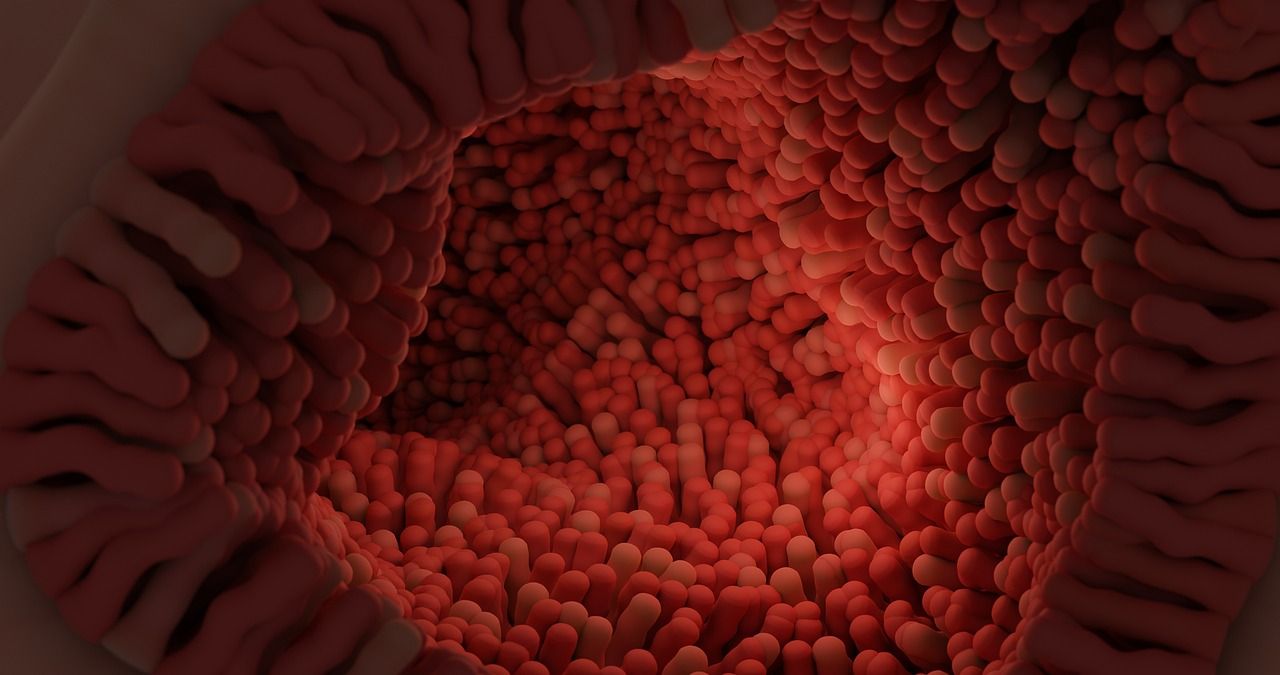Follow us on Google News (click on ☆)
Researchers in China have explored this possibility by studying the effects of chronic stress on the gut microbiota and colorectal cancer in mice. Their study, presented at the 2024 European Gastroenterology Congress, reveals that stress disrupts the balance of gut bacteria. This disruption leads to accelerated tumor growth in rodents.

Illustrative image Pixabay
The team led by Qing Li, from West China Hospital, conducted a series of precise interventions to better understand the impact of chronic stress on the microbiota and colorectal cancer. They began by administering a powerful antibiotic cocktail, including vancomycin, ampicillin, neomycin, and metronidazole, to drastically reduce bacterial diversity in the intestines of the mice. This treatment aimed to deplete their microbiota by eliminating a significant portion of the naturally occurring bacteria.
Once the intestinal flora was disrupted, the researchers introduced new microbial populations through fecal microbiota transplants. These transplants were performed using samples from either healthy or stressed mice to study the differences between the two types of microbiota and their influence on tumor development. Simultaneously, the mice were subjected to chronic stress conditions recreated in the laboratory through psychological and physical stress methods, simulating the prolonged effects of stress experienced in real life.
The results show a significant decrease in beneficial bacteria from the Lactobacillus group, particularly Lactobacillus plantarum, in stressed mice. This bacterium could play a key role in protecting against cancer.
According to Dr. Li, this bacterium could become a therapeutic target. Supplementation with L. plantarum might restore intestinal balance and strengthen natural defenses against cancer. However, the scientists caution that these results still need to be validated in patients. No clear recommendations have yet been made regarding probiotic supplementation.
In France, microbiota tests aimed at predictive use have not yet convinced the authorities. Nevertheless, research on the microbiota and cancer continues to grow, opening new perspectives. In the meantime, more in-depth studies are necessary to explore how the microbiota could become a valuable ally in the fight against colorectal cancer.
What is the gut microbiota and why is it crucial?
The gut microbiota refers to all the microorganisms—bacteria, fungi, viruses—that inhabit our intestines. This complex community plays a key role in digestion, vitamin synthesis, and protection against pathogens. It also influences our immune system and takes part in the regulation of our metabolism.
The link between the microbiota and colorectal cancer is a rapidly expanding field. Some intestinal bacteria, such as those in the Lactobacillus group, are involved in regulating immune responses against tumors. An imbalance in this flora, often caused by chronic stress, can disrupt these mechanisms and promote cancer progression.
Studies like the one conducted by Dr. Qing Li suggest that restoring the balance of the microbiota with beneficial bacteria, such as Lactobacillus plantarum, could boost the immune defenses and slow tumor progression. However, clinical research is still needed to validate this approach in humans.